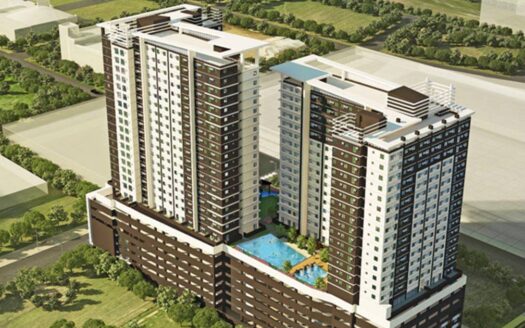REIT Law Amendments to be Released This 2020

The Security and Exchange Commission (SEC) plans to launch real estate investment trusts (REITs) early this year, as the agency finalized the amendments to the implementing rules and regulations (IRR), as reported by Business Mirror.
Sharing that SEC has been working with various offices, SEC Commissioner Ephyro Luis Amatong mentioned that the Philippine Stock Exchange (PSE) submitted the listing rules and agreement, while the Department of Finance (DOF) is consistently in touch to make sure that the regulations on the minimum float of REITs comply with the SEC proposal.
Amatong added that the Bureau of Internal Revenue (BIR) is working on the revenue regulations. The current rule entails that property developers that are not yet at 66 percent in public float ought to place in escrow the tax they would have settled if not granted the incentive under REIT law. Meanwhile, the SEC proposed reducing the minimum public float requirement to 33 percent. Amatong said that this could cause confusion among issuers if BIR won’t modify revenue regulations.
A Decade-Old Law
The Congress passed the REIT law, also known as Republic Act No. 9856, back in 2009. Since then, it has encountered roadblocks, namely whether or not the value-added tax (VAT) applies and how much the minimum public ownership (MPO) should be for companies. This explains why it did not catch on from the beginning.
The government revisited it after several years, as the Tax Reform for Acceleration and Inclusion Act (TRAIN) became law in 2017, settling the VAT issue, stating that REIT was not subject to VAT, Business World reported. As for the MPO, the DOF agreed to ease on the requirement, provided that the PSE and SEC ensure that the funds generated from REIT listing stay onshore.
With such amendments and revisions to other rules and regulations, the government expects REIT to take off this year. Aimed at contributing significantly to the economy, the asset class ought to strengthen the development of the capital market, promote more infrastructure projects through the use of capital market, encourage more Filipinos to own real estate properties in the country, and protect them in the process.
A Primer on REITs
REIT is a public-listed stock corporation that offers opportunities for the public to invest directly on finished real estate products that are already earning money. The investments have different categories: residential, commercial, retail, industrial, hospitality, or healthcare. Such a venture allows the public to purchase, lease, re-sell, or manage office units, shopping malls, hotels, even toll roads and warehouses.
It is an ideal investment for those who do not have the time and expertise in dealing with the long, tedious process of due diligence, paperwork, tenant relations, and property maintenance. Overseas Filipino workers interested in the real estate sector can take advantage of REITs.
The risks of investments are low since the money goes to a pool of properties from the REIT company. The prices, however, are dependent on the demand and supply of the market. Similar to stocks, investors can buy and sell shares. The dividend comes in the form of cash, property or stocks.
Meanwhile, a company eyeing to offer REIT services should comply with MPO and certain policies, as well as scour for investors to pool capital and get property managers.
The Age of Real Estate Investment
Considering the boom of infrastructure development today spurred by the government’s Build, Build, Build program, investors can expect promising returns with REIT. In addition, there’s an increasing demand for office spaces, specifically in the business process outsourcing (BPO) industry. Such anticipated growth spreads in different parts of the country, not just in Manila.
In fact, the Department of Information and Communications Technology (DICT) identified “next wave cities” and “emerging cities that show strong capabilities in supporting ICT industries and strengthening the economy at large. Up North, there’s Baguio and Dagupan, which have robust economic zones. In Central Luzon, Balanga and Malolos City are among the thriving places for investment. The Bicol region has three provinces set to grow significantly in the next few years: Naga, Legazpi, and Iriga.
Meanwhile, in the Visayas, Dumaguete and Roxas City lead the list in economic hotspots. As for Mindanao, it’s Cagayan de Oro and Zamboanga City that are emerging as flourishing BPO destinations. Experts are optimistic that these cities will generate stronger economic activity, generating employment opportunities and attracting more investments, as they become even more modernized with technology. The real estate industry, whether it be residential, commercial, industrial, or retail, will greatly benefit from it. For investors who are keen on REIT, these thriving cities are worth keeping an eye on.







